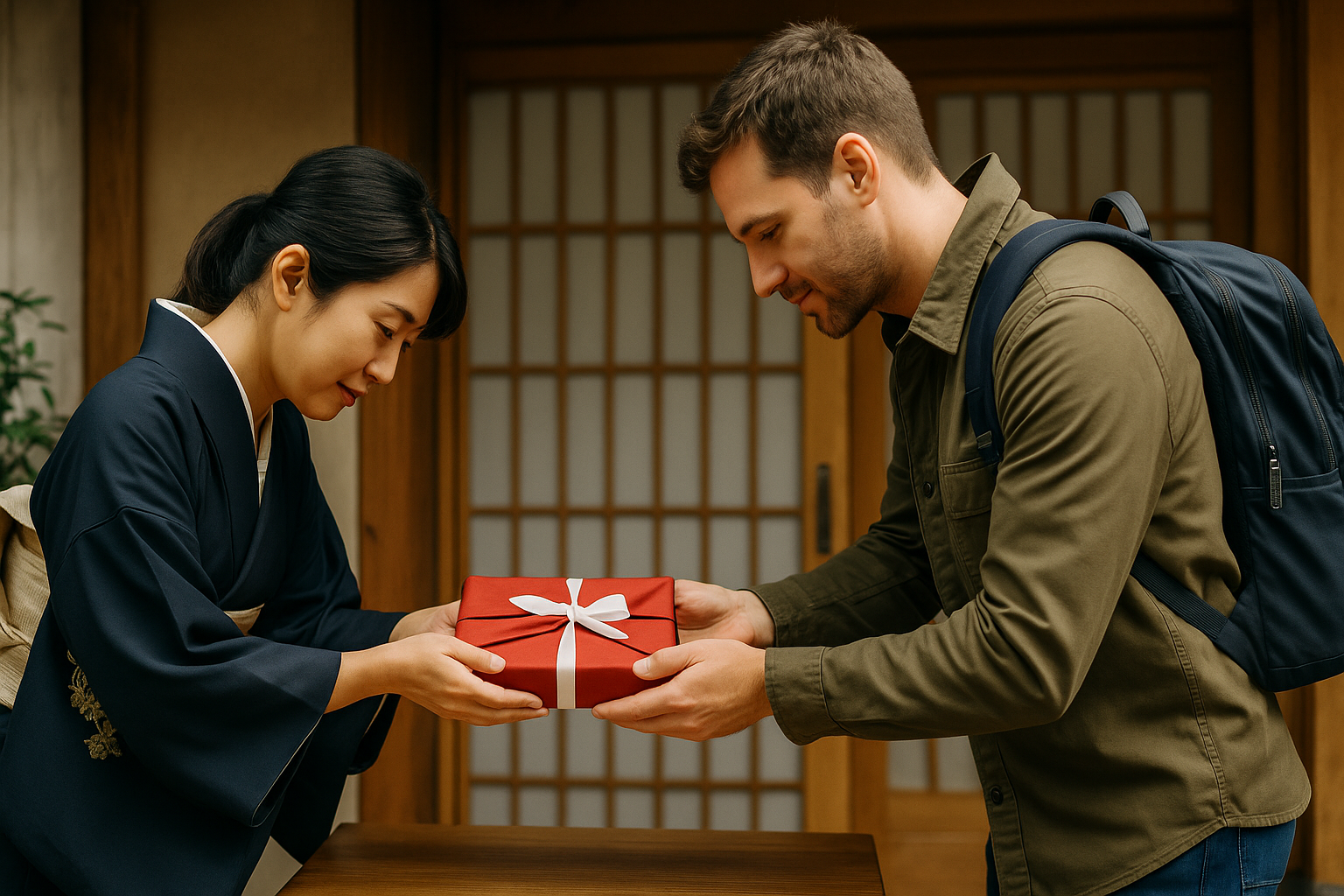Travel isn’t just about places—it’s about people, cultures, and the often-unspoken customs that history and belief have shaped. Understanding travel superstitions and traditions can help you avoid cultural faux pas and deepen your connection with local communities.
Whether it’s avoiding the number four in East Asia or observing table manners in Europe, these local customs reveal how cultures honor the unseen and the sacred. Here’s your guide to understanding global superstitions and traditions—and how to respectfully embrace them while abroad.
Why Traditions and Superstitions Matter in Travel
- They show respect: Acknowledging cultural practices builds trust and goodwill.
- They enhance connection: Locals often light up when you recognize or ask about their customs.
- They prevent awkward moments: Knowing what’s taboo can help you avoid unintentional offense.
- They enrich the experience: These rituals provide a deeper lens into a community’s values and history.
Fascinating Travel Superstitions and Traditions Around the World
1. Japan: Don’t Stick Chopsticks Upright in Rice
In Japan, placing chopsticks upright into a bowl of rice mimics offerings made to the dead at funerals. Locals consider it a major dining faux pas.
Instead, rest your chopsticks on a holder or across your bowl to avoid offense.
2. Italy: Never Toast with Water
Toasting with water brings bad luck in Italian culture. The ritual connects with ancient practices surrounding death. Always toast with wine, soda, or another celebratory drink.
3. India: Feet Are Sacred—Be Mindful Where You Point Them
In India and other South Asian cultures, people consider feet the lowest and dirtiest part of the body. Touching someone with your feet or pointing them toward sacred objects or elders shows deep disrespect.

4. Turkey: Don’t Chew Gum at Night
Turkish elders believe chewing gum at night equates to chewing the flesh of the dead. It’s a superstition that still causes discomfort, especially among traditional communities.
5. South Korea: The Number Four Is Unlucky
In South Korea (and much of East Asia), the word for “four” sounds like “death.” Hotels often skip the fourth floor, and gifts in sets of four carry negative connotations.
6. Brazil: Don’t Give a Purple Gift
People in Brazil associate purple with mourning and funerals. Gifting purple flowers or items, especially at celebrations, can feel jarring or even offensive.
7. Greece: Spitting to Ward Off Evil
In Greece, people often make a symbolic “ptoo, ptoo” spitting sound to protect against bad luck and the evil eye. They may do this after complimenting a child or hearing unsettling news—it’s a charm, not an insult!
8. Russia: Don’t Shake Hands in a Doorway
In Russian tradition, doorways represent thresholds between worlds. People believe that shaking hands or passing items across them brings bad energy. Step fully in or out before greeting.
9. Kenya: Greeting Is Essential
In many Kenyan communities, failing to greet others—whether entering a shop, meeting elders, or joining a group—comes across as rude. A warm “Jambo!” makes a big difference.
Traditions Travelers Are Invited to Join
- Spain: Join locals for tapas and a late-night paseo (stroll)
- Thailand: Offer incense or flowers at temples (respectfully)
- Mexico: Help decorate altars for Day of the Dead (with permission)
- Scotland: Try a Highland ceilidh—dancing, bagpipes, and kilts included
- India: Participate in Holi or Diwali (ask locals how to engage respectfully)
Tips for Respectfully Navigating Superstitions and Traditions
- Observe first: Watch what locals do before participating.
- Ask questions: Locals appreciate your curiosity about their culture.
- Follow etiquette: Remove shoes, dress modestly, and avoid inappropriate gestures.
- Don’t make jokes: What seems quirky to you may hold sacred meaning.

We’d Love to Hear Your Cultural Encounters!
Have you ever stumbled into a local custom while traveling? Did a superstition surprise you—or help you connect with locals in a new way? Share your stories below, and let’s inspire each other to travel more mindfully.
Follow us on social for more travel culture guides, local tips, and respectful travel stories from around the globe.
Conclusion: Embrace the Culture Beyond the Sights
Traveling is more than sightseeing—it’s about understanding. Exploring travel superstitions and traditions reveals a deeper side of the places we visit. These beliefs may surprise you, but respecting them helps us build bridges across borders. Embrace the mystery, learn the customs, and see how much richer your travels become. Also, follow us on our social media platforms for the latest travel tips, destination guides, and exclusive updates from WentWorld.com. Stay connected with us—digitally and globally!
Catch up on the top stories and travel deals by subscribing to our newsletter!












Leave a Reply